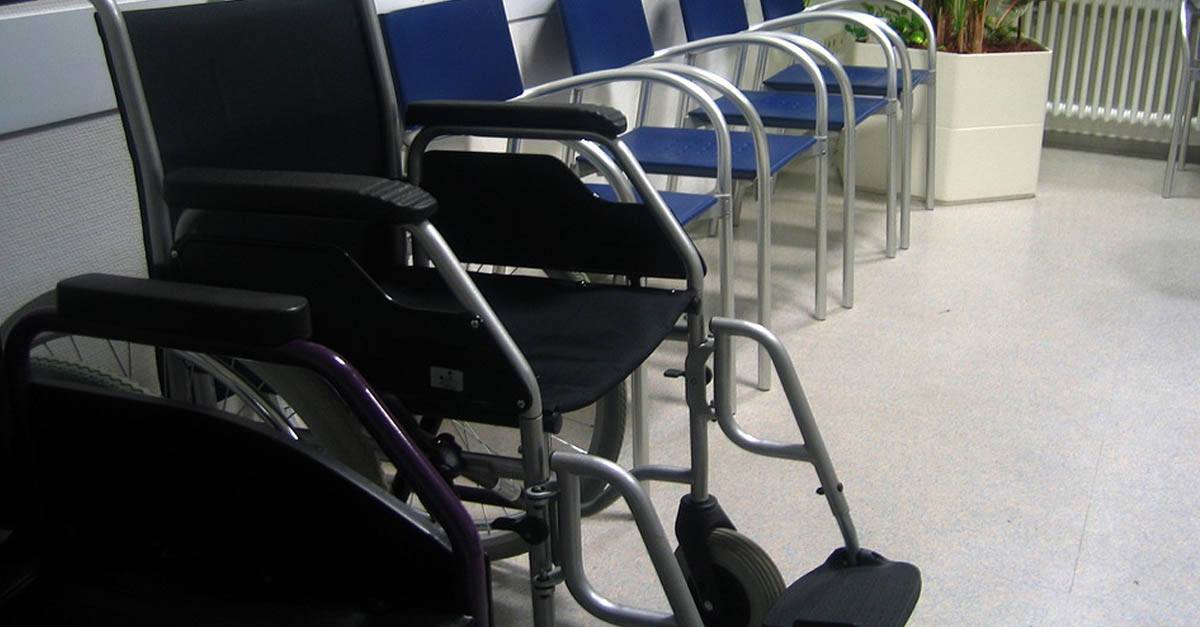From Legal Disability to the Support System

La reciente Ley 8/2021, de 2 de junio, por la que se reforma la legislación civil y procesal para el apoyo a las personas con discapacidad en el ejercicio de su capacidad jurídica (en adelante, “Ley 8/2021”) tiene por objeto adecuar la legislación española a la Convención Internacional sobre los Derechos de las Personas con Discapacidad que España ratificó en mayo de 2008. Una de las grandes modificaciones que ha traído consigo es la eliminación de la incapacitación judicial. Estudiamos a continuación en qué consiste.
Suppression of the substitution system in decision-making
Law 8/2021 has transversally changed the treatment of disability and dependency in our legal system, since it banishes “the substitution system in decision-making” and establishes in its place is the “system of provision of supports”, based on the idea that all people can make their own decisions if they have the necessary supports.
Under this premise, the new Law eliminates from the Spanish legal system different figures that prevented the person in question from fully exercising their civil, political, economic, social and cultural rights. Specifically, it disappears:
- Legal incapacitation;
- Guardianship for the elderly;
- The prodigality;
- Parental authority extended and parental authority rehabilitated;
- Article 28 of the Mortgage Law;
- The prohibition of claiming alimony debts in which people with disabilities are interested.
These modifications are aimed at ensuring that all people retain their ability to decide, without their will being replaced by a third party acting on their behalf and for their benefit.
Support delivery system
With the new system, it is the person himself who, according to his needs and abilities, can designate the people who will help him (such as de facto guardian, judicial defender or curator) in the activities that it expressly determines, owing the support measures:
- Be inspired by respect for the dignity of the person and the protection of their fundamental rights </ li>
- Adjust to the principles of necessity and proportionality.
Article 249 of Law 8/2021 provides that people who provide support:
- They must meet the will, wishes and preferences of the applicant.
- They will ensure that the person in question can “ develop their own decision-making process, </ em> informing them, helping them understand and reason and making it easier for them to express their preferences ”.
- They will promote the autonomy of the person.
The same article establishes that in exceptional cases in which the person cannot express their will, and which were previously processed through judicial incapacity, a curator may be assigned representative, that is, a person with representative functions to make decisions on their behalf and for their benefit. According to the Law itself, this person must in any case “take into account the life trajectory of the person with disabilities, their beliefs and values, as well as the factors that they would have taken into consideration, in order to make the decision that the person would have adopted if they did not require representation.”
However, there are situations in which the person in question has not been able to express their will since birth or, directly, does not want to receive help, which makes it difficult to prepare support measures. The Supreme Court has already ruled on this in its Judgment No. 589/2021 of September 8, 2021 (No. rec. 4187/2019), in which it establishes the need to attend to the specific case, and it may be so exceptional that it is necessary to adopt support measures even against the will of the interested party. It goes like this:
In cases such as the present, in which there is a clear need for assistance whose absence is causing serious personal deterioration, a degradation that prevents you from exercising your rights and the necessary relationships with the people around you, < /em>(…) the adoption of care measures (proportionate to the needs and respecting the maximum autonomy of the person) is justified, even against the will of the person concerned, because it is understood that the disorder that causes the situation of need prevents that person from having a clear awareness of their situation.”
Procedures for providing support
There are two ways to regularize support measures and their use will depend on the circumstances of the specific case:
Voluntary measures
They are those measures requested voluntarily by the person who needs support due to a current need or to anticipate a future one. They are established by public deed before a notary, which must state the support required and who is going to provide it. In the same deed, the interested party may also establish the control bodies or measures that he deems appropriate in order to avoid conflicts of interest, abuse or any situation that may go against his will. </ P>
Within this modality, there is the so-called “advance directive document” or “previous instructions” that allows to establish the future care that the person wants to receive when a situation of specific need arises, as well as those responsible for lending them.
Formal support measures
They are those constituted by judicial resolution and which are preferable when the interested party cannot express his will or lacks a clear awareness of his situation of need, therefore requiring a procedure by which that judicial support measures be established in response to the circumstances and needs of the person.
They are processed through a voluntary jurisdiction file before the Court of First Instance where the person who needs the support is domiciled and the person concerned, their non-separated spouse, can present their request in fact or legally, their descendants, ascendants, brothers or the Public Prosecutor.
Paradigm shift
Law 8/2021 represents a paradigm shift in the treatment of disabilities and people in a situation of dependency as it provides for different procedures by which to determine the support measures that the interested party requires or will require for the full exercise of their legal capacity. The wide range of possibilities allowed by the support system makes it convenient to collaborate with professionals focused on adapting the procedure to the needs of the people involved in order to make it as simple and accessible as possible.
It May Interest You: “ Arbitration as an alternative dispute resolution method“
Nerea Ortiz de Zárate Beitia
Departamento de Civil y Mercantil
05/10/2022






